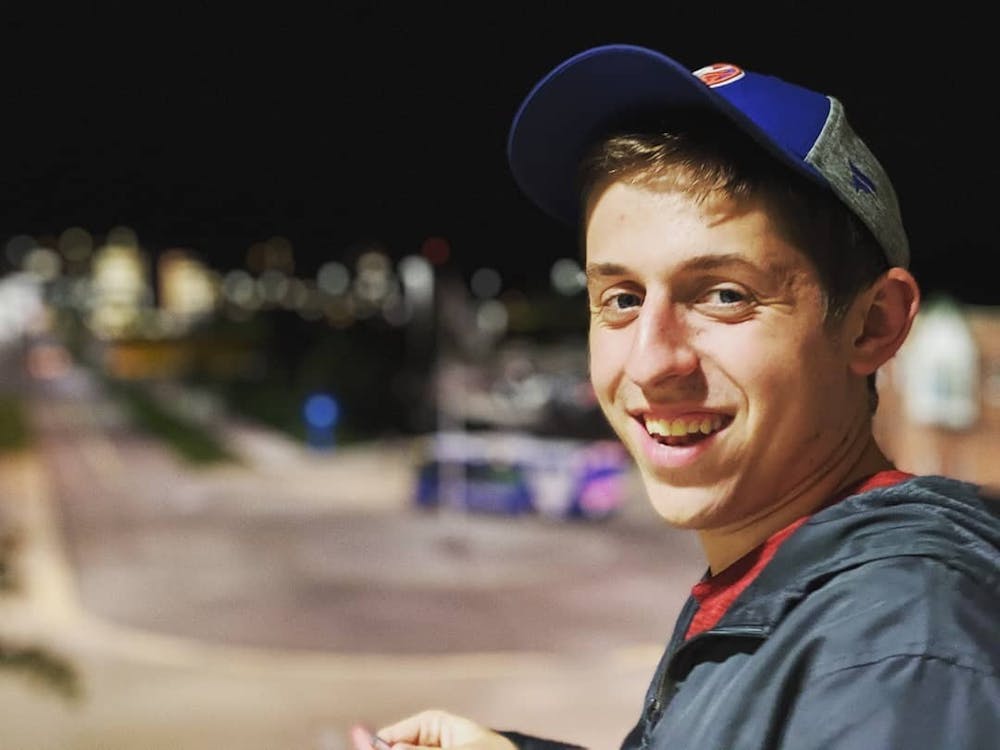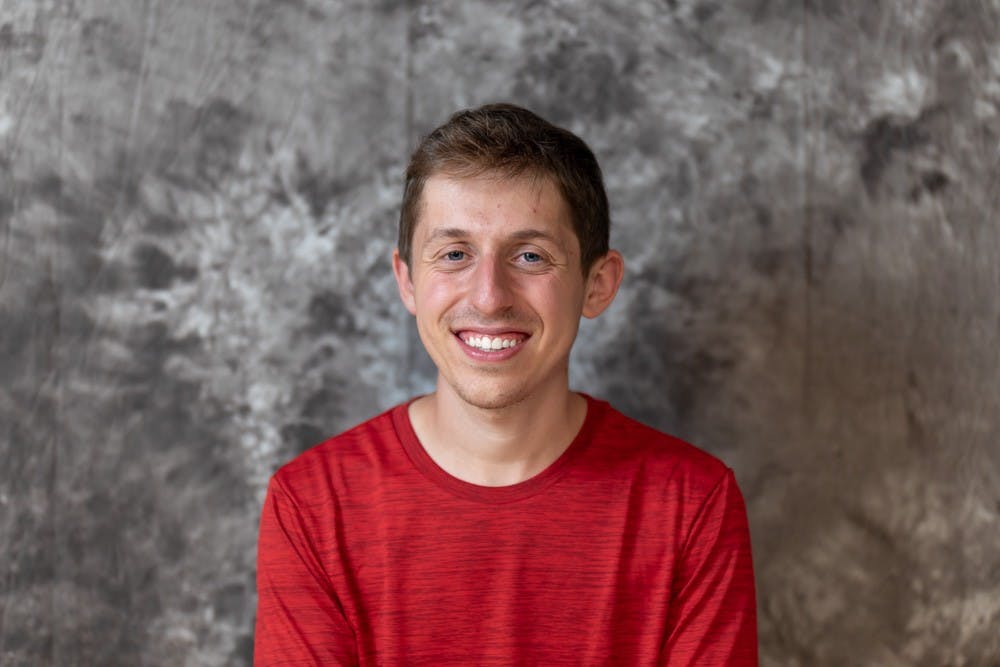The English language has a word for seemingly everything.
But it doesn’t have a word for the opposite of loneliness.
It isn’t companionship; that would imply that loneliness is caused by an absence of other people.
It isn’t joy; that would suggest that joyous people are never lonely.
And it isn’t camaraderie; that would mean that simply being in the presence of friends is enough to overcome this feeling.
Anyone who has ever been in a crowded room and felt lonely — or in an empty room and felt whole — understands that it’s none of those things.
So what is it, then?
How is it possible that a language with at least 171,146 words doesn’t have one — not even one — word to describe the opposite of loneliness?
Perhaps, as the South Korean rapper Kim Namjoon once griped, it’s “because people, until they die, have no moments of not being lonely.”
That’s a cynical look, sure, but I think it merits a second glance.
Because people are dying of loneliness.
Including at UB.
The students you come across on the way to class, on the seats of the Stampede and in the bowels of the Student Union — they are all experiencing some sort of uncomfortable and likely profound loneliness. Some are dealing with the visceral, all-encompassing loneliness that follows a breakup or the lack of close friendships or the loss of a loved one.
Their loneliness is obvious. It can be found within seconds of visiting UBReddit, or within minutes of examining the vast literature dedicated to “extreme” loneliness reported among college students nationwide.
We rationalize their feelings. It makes sense: People who are isolated are people who are lonely.
But we struggle to understand — much less admit — that there are thousands of other students who don’t fit neatly into this socially isolated camp, but still deal with loneliness that is both pronounced and profound.
Students like myself.
Because by all accounts, I have absolutely no reason to ever be lonely.
I am a marathon-running, Ivy-League bound senior with literally hundreds of friends and even more acquaintances. From a social standpoint, I have just about everything a human being could possibly need, and then some.
There are weeks when I wish for more time in the day, just because my social schedule is already full and I desperately want to find more time to see other people. I have a wonderful support system, a talented and loyal staff at The Spectrum and all the popularity I could ever ask for.
And yet, I often feel profoundly lonely.
To me, loneliness feels like an added weight, one that I carry around everywhere and can’t seem to drop — no matter how many goals I accomplish or how active I am on campus. I could fulfill all my dreams — run a marathon, commit to an Ivy League grad school, help run a major student organization — and still feel this bottomless emptiness, a pit filled with my deepest insecurities and anxieties and never-ending comparisons.
My loneliness follows me around everywhere I go, like it’s a dog attached to a leash. It consumes me when I’m in large groups of people — even a roomful of friends or fellow editors leaves me anxious, overwhelmed and distressed. When laughter and happiness envelops the room, I can usually be found shaking in the corner, clinging onto a single friend and wondering why I can’t be like everyone else. There might not be a word for the opposite of loneliness, but at least there’s a word for the opposite of the life of the party: me.
My loneliness follows me as I scroll through social media, an endless rabbit hole of comparison, envy and FOMO. I often spend my nights comparing myself to other people — people whose lives obviously aren’t as glamorous as their Instagram highlight reels suggest, but who seem to be living their best lives 24/7 anyway. The loneliness rises like a tide, threatening to sweep me underneath the crashing waves.
My loneliness even follows me on my best days, when I’m spending time with the people I love and doing things that would have made 7-year-old me blush. Crossing the finish line of a marathon is supposed to be an indescribable feeling, but for me, it’s just another excuse to feel empty: vacant, nothing, desolate.
But I also know that I’m not alone in my loneliness.
Some 64% of college students reported feeling “extremely” lonely in a major 2017 study, and that number is almost certainly higher when you adjust for the stigma that prevents many of them from admitting it. In 2022, loneliness is still perceived as weakness.
But isn’t that a crazy thought?
Everyone experiences loneliness: the Division I swimmer you sit next to in class, the club president you ride alongside on the Stampede, even the frat or sorority member you bump into at a party on Winspear on a Saturday night.
Their boisterous laughs and unrivaled popularity may obscure that reality, but make no mistake about it: they are hurting just as much as you and I.
Which is why it’s so important for us to talk about our loneliness. It may feel like we stand to lose more than we stand to gain, but loneliness is just as lethal as smoking 15 cigarettes a day or being inactive or being constantly sleep deprived.
People need to know that they’re not alone in their loneliness — none of us are.
Because there may not be a word for the opposite of loneliness, but we sure have plenty of words that describe the value of being open about our feelings.
Justin Weiss is the managing editor and can be reached at justin.weiss@ubspectrum.com

Justin Weiss is The Spectrum's managing editor. In his free time, he can be found hiking, playing baseball or throwing things at his TV when his sports teams aren't winning. His words have appeared in Elite Sports New York and the Long Island Herald. He can be found on Twitter @Jwmlb1.





